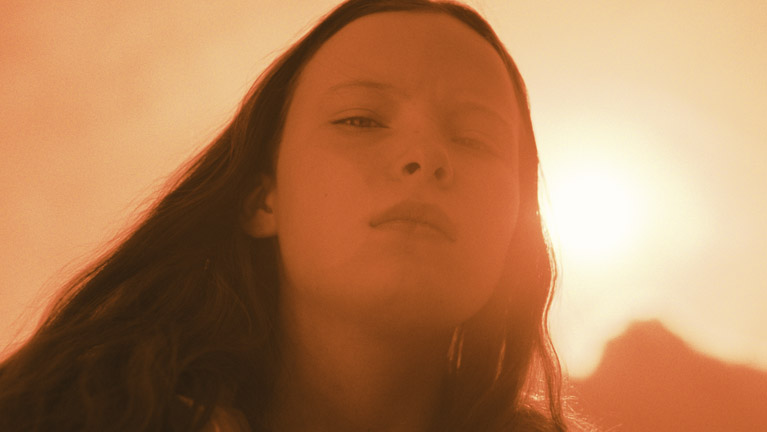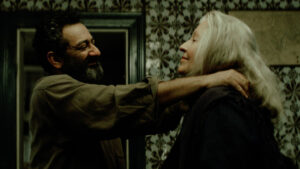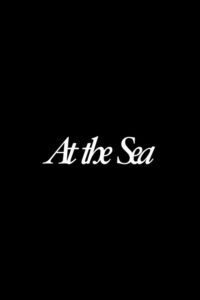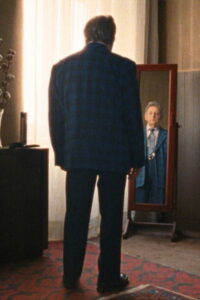Last updated on February 24, 2025
A film by Frédéric Hambalek
With: Julia Jentsch, Felix Kramer, Laeni Geiseler, Mehmet Ateşçi, Moritz von Treuenfels
Julia and Tobias discover that their daughter Marielle has suddenly developed telepathic abilities and can see and hear everything they do. This leads to situations ranging from the awkward to the absurd as uncomfortable truths are revealed.
Our rate: *
In competition probably because the idea appealed to the selectors, What Marielle knows doesn’t particularly shine for its form (as is so often the case in German cinema), but is essentially based on situational comedy. At first glance, the idea seems far-fetched and hardly credible: a little girl who becomes a medium to the point of hearing and seeing everything her parents go through, in other words, removing the veil on all their little secrets, their hypocrisy and their lies. It’s hard to relate to such a proposition when the film’s form was previously aimed at realistic family immersion. But it does open up a number of possibilities, whether comic, political or even psychological. We start to dream that the film might even reveal a great deal about the mechanisms of fascism, about the particular effect of hate speech unleashed on social networks, which is self-perpetuating and has the side-effect that the most conformist seek above all to protect themselves from others, to withdraw into themselves, to demand order and reprimand, leading to a race to the bottom towards an excluding state. We can only dream that Hambalek could be Radu Jude. Failing that, Hambalek could find here an idea for questioning, à la Haneke, and.or questioning through farce, drawing the line, à la Ostlund or Maren Ade. However, all that emerges from this potential concept are little more than uninteresting reflections on Mr. or Mrs.’s fantasies, tensions at work between colleagues, and situations where the truth revealed embarrasses the father or mother to the breaking point or on the brink. The thread of the screenplay then consists in multiplying these situations and finding more or less credible resolutions and ways out. While we may smile at the beginning of the process, the repetition does nothing to raise the bar; on the contrary, we keep coming back to what the film could have been, but absolutely isn’t, which could have justified its presence in competition at the Berlinale.










Be First to Comment